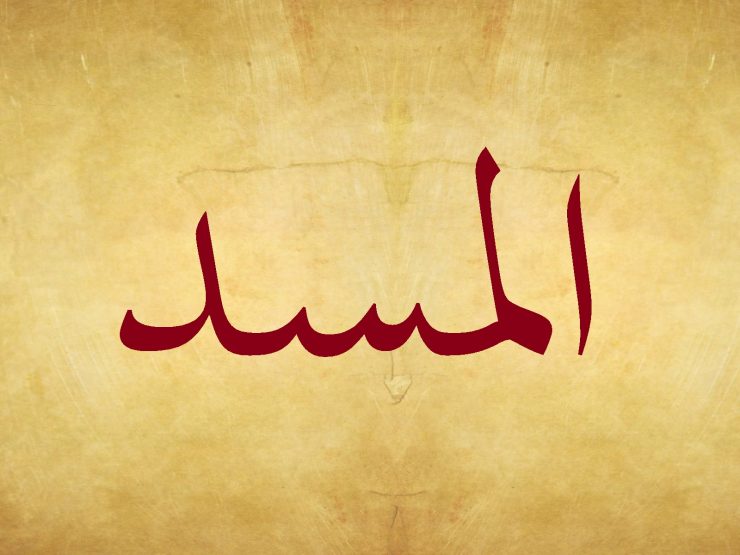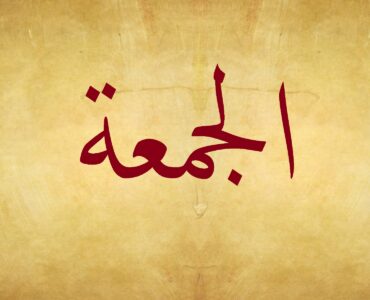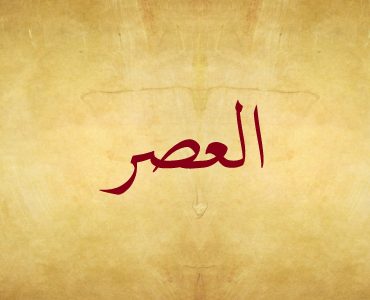|
111. Chapter The Palm Fibre / Surah al-Masad |
بسم الله الرحمن الرحيم
In the name of God, The Most Gracious, The Beneficent
تَبَّتْ يَدَا أَبِي لَهَبٍ وَتَبَّ {1}
مَا أَغْنَى عَنْهُ مَالُهُ وَمَا كَسَبَ {2}
- Neither his wealth availed him nor whatever he earned!
سَيَصْلَى نَارًا ذَاتَ لَهَبٍ {3}
- He will roast in a fire with a flame,
وَامْرَأَتُهُ حَمَّالَةَ الْحَطَبِ {4}
- And his wife, the carrier of the firewood
فِي جِيدِهَا حَبْلٌ مِّن مَّسَدٍ {5}
- Will have a rope of twisted palm fibers around her neck.
[1]Abu Lahab was the uncle of Prophet Muhammad (pbuh). Muhammad’s daughters Ruqayyah and Umm Kulthum were married to his sons, Utbah and Utaybah. When Muhammad (pbuh) started calling the Quraysh and his own kith and kin to listen to God’s message, Abu Lahab could not get along with him, and his sons divorced their wives. This chapter shows that Abu Lahab and his wife much persecuted Prophet Muhammad (pbuh).
[2] Al-Farra (d.207/822), Scholar of Arabic language and Tafsir, states that the expression “ تَبَّتْ يَدَا أَبِي لَهَبٍ : “May the hands of Abu Lahab perish!” is an imprecation, and that “وَتَبَّ : and he himself perished” is a predicative sentence which should be regarded as “wa qad tabba : وقد تب” (Ijaz al-Bayan an Maany al-Quran). The second sentence being a predicative sentence shows that this chapter was sent down after the death of Abu Lahab, contrary to popular belief. Indeed, it cannot have been sent down before his death because God allows people to repent and turn around from their misdeeds until death comes to them (an-Nisa 4:17-18).







Add comment